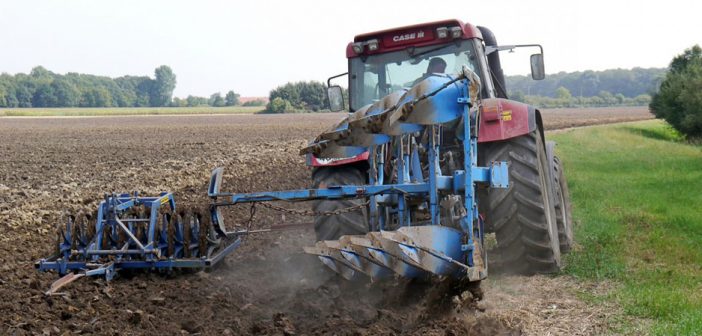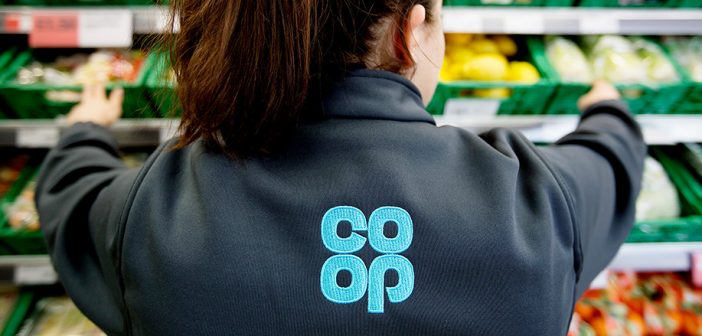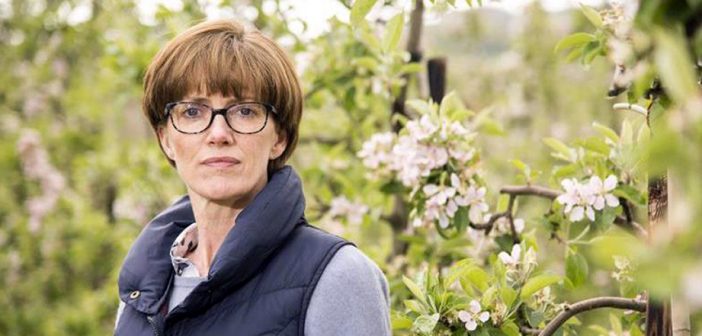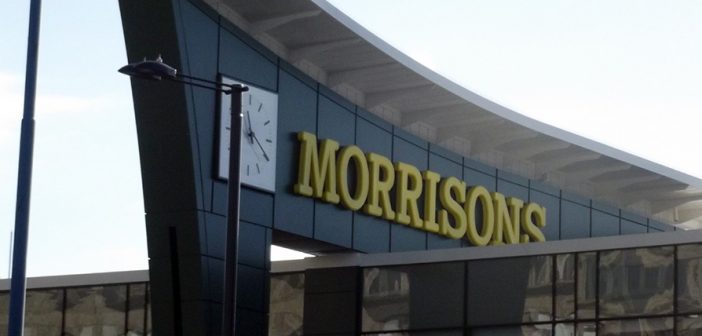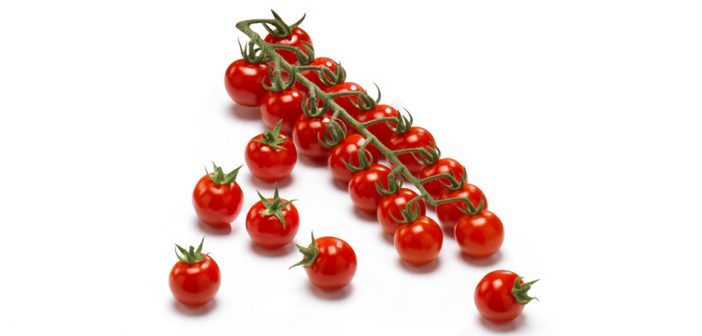A survey of Scottish farmers and growers has indicated that two-thirds of them may quit the industry if they are unable to access EU labour after Brexit, causing fears about the survival of the country’s horticulture sector.
The research, which was conducted by Scotland’s Rural College (SRUC) last summer, Research by Scotland’s Rural College (SRUC) showed there were 9,225 seasonal migrant workers in Scotland last year (which it described as a conservative estimate), with the majority involved in picking soft fruit, as well as the field veg and potato sectors.
The survey also suggested more than half of farmers would also consider diversifying their operations due to labour shortages. The survey’s authors said, ‘Brexit has undoubtedly affected the confidence of a proportion of workers and therefore their expectations about returning to Scotland in 2018. Approximately 40 per cent of the surveyed workers were certain they would be returning to Scotland in 2018, with 12 per cent unlikely to return due to having permanent jobs to go to in their home countries, or returning to studies, etc. 46 per cent were uncertain about whether they would return in 2018.’
Around a quarter of workers worked on more than one farm in the UK and there is also transition to other sectors particularly food processing and hospitality. On average, seasonal migrant workers were employed for just over four months per year, corresponding to the key soft fruit harvest period, but the seasonal pattern of crops in Scotland provided an opportunity for workers to work for extended periods.
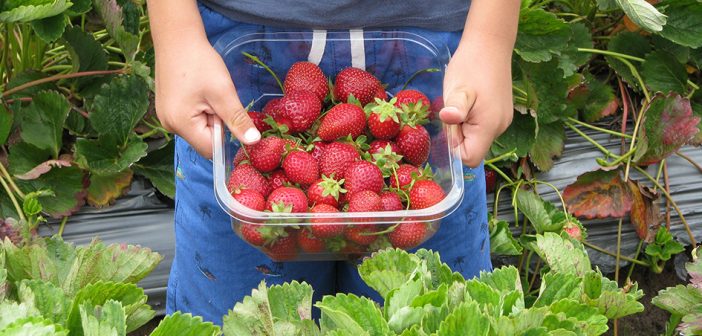
Photo Credit: pxhere
The post Lack of labour could kill Scottish fruit sector appeared first on Hort News on 29 March 2018.


